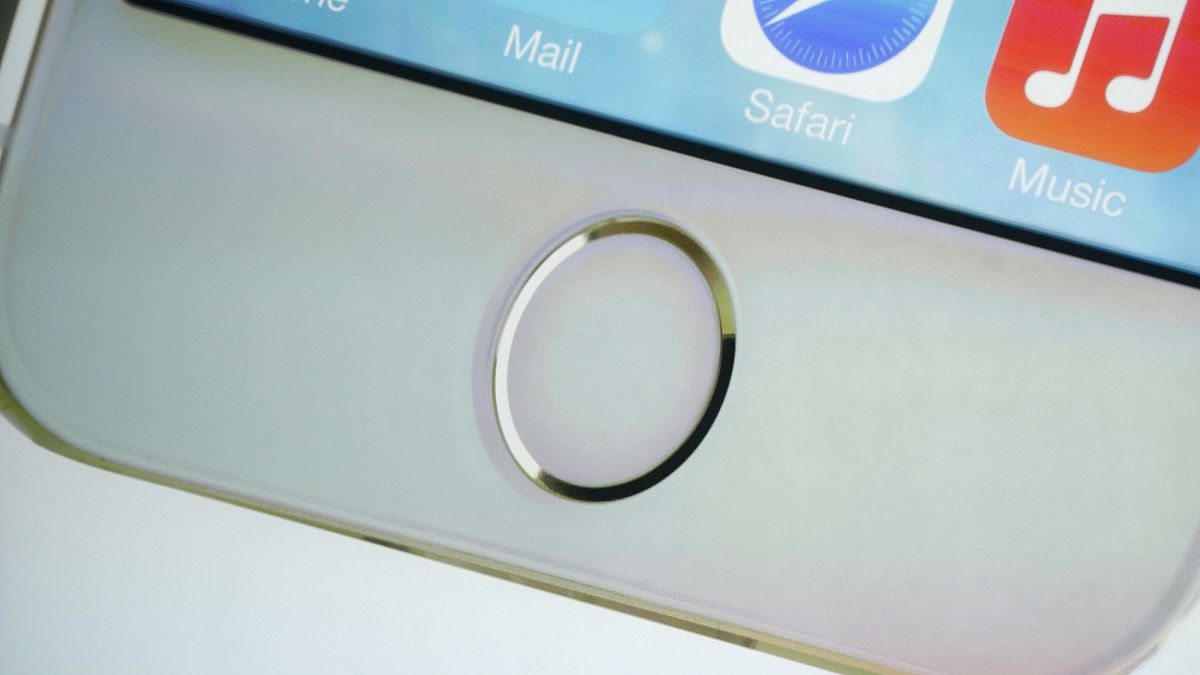Cue the sad violin music as we take a look back at some of the technology staples we loved and lost in 2017.
From six seconds of video bliss on Vine to the nostalgia of coming home from school every day and getting on AOL instant messenger, 2017 was the end of an era for some technology favorites.
Cue the sad violin music as we take a look back at some of the technology staples we lost in 2017.
The iPhone Home Button
It finally happened. Apple nixed the home button on its newest and most expensive iPhone, the 10th anniversary edition known as the iPhone X.
Instead of a home button, the phone can be unlocked using facial recognition. For everything else where you would use the home button, fluid gesture controls will do the trick. Instead of holding the home button down for Siri, you can just say "Hey Siri" or press the larger side button.
Could this be the future of the iPhone? While the iPhone 8 and its home button are still an option, we'll have to wait and see if Apple completely does away with the home button when it releases its next iPhone - which will likely be September, going by the company's historical pattern.
iPod Nano and Shuffle
Now that most of us listen to music and streaming services on our smartphones, the iPod seems a bit archaic. While the revolutionary device that literally put music in your pocket changed how we listen to and buy music, Apple decided it was time to move on this summer, officially discontinuing two of the three remaining products with the iPod name.
Apple still sells the Wi-Fi-enabled iPod Touch, so it's not yet the end of the iPod era.
Vine
The six-second video looping platform turned some extremely entertaining people - from daredevils to comedians - into money making machines.
While Twitter gave us notice in 2016 that it would shut down Vine, the service officially closed its doors in January 2017, giving us plenty of time to say our goodbyes and for those Vine stars to save their precious videos.
AOL Instant Messenger
Many 90's kids couldn't wait to come home from school to log on to AIM to share the latest gossip with friends, post a status update, and perhaps even chat about homework.
Introduced as a stand-alone download in 1997, AOL Instant Messenger was, in many ways, a precursor to the social media world we know today.
However, adoption changed as text messaging took over and newer, more mobile-friendly products came onto the market, including Google's GChat and Facebook's Messenger.
AOL announced this fall it would lay the trusty service to rest on December 15.
Net Neutrality
The 2015 rules, which regulated the internet as a utility and ensured all traffic was treated as equal, were killed by the Federal Communication Commission's 3-2 vote earlier this month.
While the dust hasn't settled yet, the decision clears the way for internet service providers to engage in behavior such as blocking, paid prioritization and slowing down certain websites.
Those celebrating the end of net neutrality, including Chairman Ajit Pai, the architect of the plan to overthrow the Obama-era rules, claim a "light tough" approach will lead to more innovation and investment, ultimately benefiting consumers.
Yahoo
While Yahoo is still alive and kicking, the former golden child of Silicon Valley closed the end of a storied chapter in 2017 with a sale.
Despite suffering through financial issues and two high profile hacks, the company's core business was sold to Verizon, which has placed it under a new parent company called Oath. Another former late 90's and early 2000's darling, AOL, is also in the Oath family, which all together says it can reach more than one billion people.





